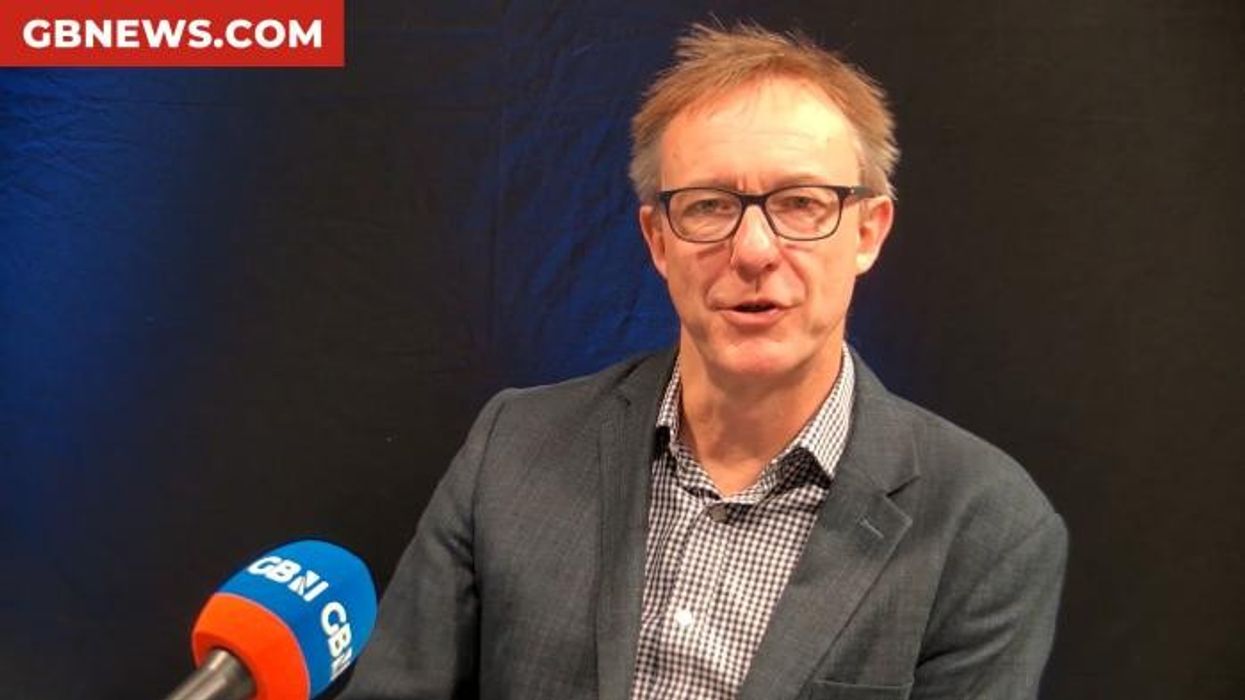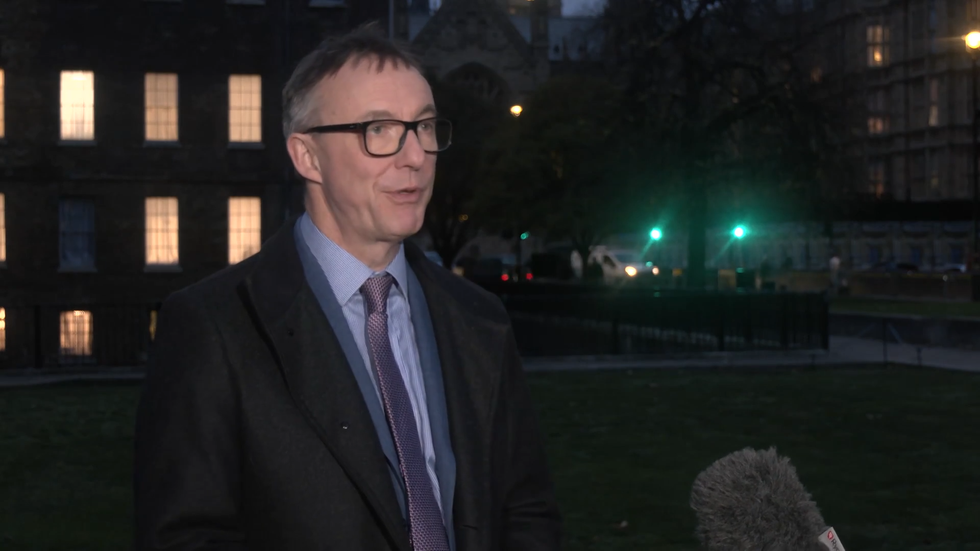State pension 'sustainability' in doubt as triple locked payments risk 'taking big fraction of economy'

WATCH NOW: Jonathan Hinder and Paul Johnson assess Rachel Reeves' spending review
|GB News

IFS director Paul Johnson addressed concerns regarding how 'sustainable' the state pension really is
Don't Miss
Most Read
State pension payments risk becoming a "bigger and bigger fraction of the economy" if the retirement age threshold is not changed, a leading economist has warned.
Paul Johnson, the director of the Institute for Fiscal Studies (IFS) addressed long-term concerns of the state pension's future while speaking to GB News's Christopher Chopper on "Chopper's Political Podcast".
When asked whether the retirement benefit is "sustainable" in its current form, the economist cited the "choices" future Governments will have to make in regards to the pension system.
Johnson shared: "The state pension as we now have it is actually pretty sensible. It’s not very generous... getting on for £12,000 a year — less than in most countries.

The IFS director is calling for the state pension age to be raised sooner than planned
|GETTY / GB NEWS
"We have a private system on top [of that] and relative to most European countries, we will be spending a lot less on our state pension. In fact, less than the US, oddly enough.
"State pension ages are rising, which makes it more sustainable. But if you don't continue to increase the pension age, and you do continue with the triple lock, then it will take a bigger and bigger fraction of the total economy."
The triple lock is the metric used by the Government to determine the annual payment rate increase for state pension payments every year.
Under the status quo, retirement benefit payments are raised annually by either the rate of average wages, inflation or 2.5 per cent; whichever is the highest.
Do you have a money story you’d like to share? Get in touch by emailing money@gbnews.uk.
As it stands, the state pension age is 66 years old but will rise to 67 sometime between 2026 and 2028, with an exact date yet to be revealed.
It is currently scheduled to increase to 68 between 2044 and 2046, however this could be brought forward depending on a Government review.
According to Johnson, policymakers should consider raising the state pension age to this threshold in the "late 2030s", citing improved life expectancy among the British public.
He added: "When the state pension age was set at 65, a huge fraction of people didn’t even make it to 65. Now at 65, you’ve got a life expectancy of about another 20 years."
Despite calling for the Government to bring forward the state pension age, Johnson dismissed the proposal to means-test the retirement benefit.
Analysts have suggested state pension payments could eventually become means-tested to ease the rising cost on working-age taxpayers.
LATEST DEVELOPMENTS:

Paul Johnson addressed concerns about how "sustainable" the state pension really is
| GB NEWSHe shared: "I don’t think there’s a case for means-testing the state pension. It’s really helpful for everyone to have that basic amount to build on.
"If you means-test the state pension, then that leads to a lot of people to think: 'Well there is not much point in me saving'.
"So I think it's really helpful to have something like the current level. Keep it at that level relative to earnings, and then people have something to build on
Currently, the full, new state pension offers claimants £230.25 per week. Older Britons are eligible for the full amount if they have 35 years of qualifying National Insurance contributions under their belt.
More From GB News










